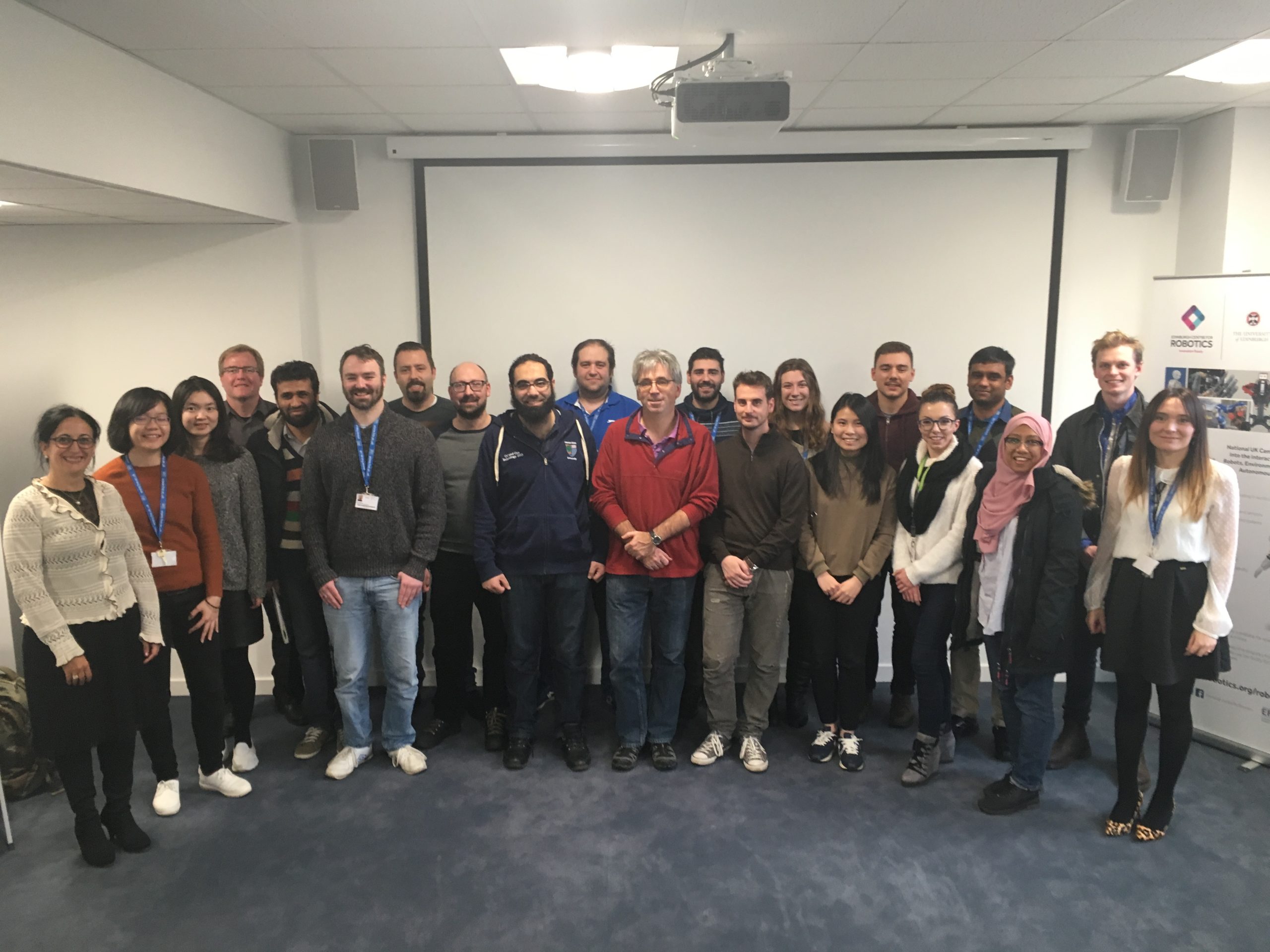
The RCCS team is pleased to welcome Prof. Berend Smit, the director of the Energy Center at EPFL to present his talk on “Carbon Capture and Storage: the good, the bad and the ugly” at the Heriot-Watt Edinburgh Campus on 24th November 2017. The talk was conducted in the recently refurbished Robotarium room at the Earl Mountbatten Building of the University.
Prof. Smit received an MSc in Chemical Engineering in 1987 and an MSc in Physics both from the Technical University in Delft (the Netherlands). He received in 1990 cum laude PhD in Chemistry from Utrecht University (the Netherlands). He was a (senior) Research Physicists at Shell Research from 1988-1997, Professor of Computational Chemistry at the University of Amsterdam (the Netherlands) 1997-2007. In 2004 Berend Smit was elected Director of the European Center of Atomic and Molecular Computations (CECAM) Lyon France. Since 2007 he is Professor of Chemical Engineering and Chemistry at U.C. Berkeley and Faculty Chemist at Materials Sciences Division, Lawrence Berkeley National Laboratory. He became the director of the Energy Center and Professor at EPFL since July 2014. Together with Daan Frenkel, he wrote the textbook Understanding Molecular Simulations and together with Jeff Reimer, Curt Oldenburg, and Ian Bourg the textbook Introduction to Carbon Capture and Sequestration.

Prof. Smit’s research focuses on the application and development of novel molecular simulation techniques, with emphasis on energy-related applications. He started the talk by discussing the role of CO2 plays in our environment and the carbon cycle. By presenting an analysis of the production of CO2 from different sources at different timescales in nature, he showed how anthropogenic CO2 production plays a role in climate change and the possible consequence awaits if the atmospheric CO2 concentration level is not controlled. It is widely known that the most expensive part of CCS is the cost of capturing CO2 from flue gases. In this presentation, Prof. Smit introduces how modern computational materials genomics can be one solution to reducing the capture cost of CO2. The idea is to find the best structure with the highest CO2 uptake capability via computational modeling of a material called Metal Organic Framework(MOF) at a molecular level. MOF is a group of compounds consisting metal ions or clusters coordinated to organic ligands, well-known for its ability to tune the physical and chemical properties of the materials at synthesis.
After the presentation, Prof. Smit visited the RCCS laboratories at the John Coulson Building. Followings are pictures taken during Prof. Smit’s visit to the RCCS laboratories:
{loadmodule mod_gantry5_particle,Prof. smit visit}

